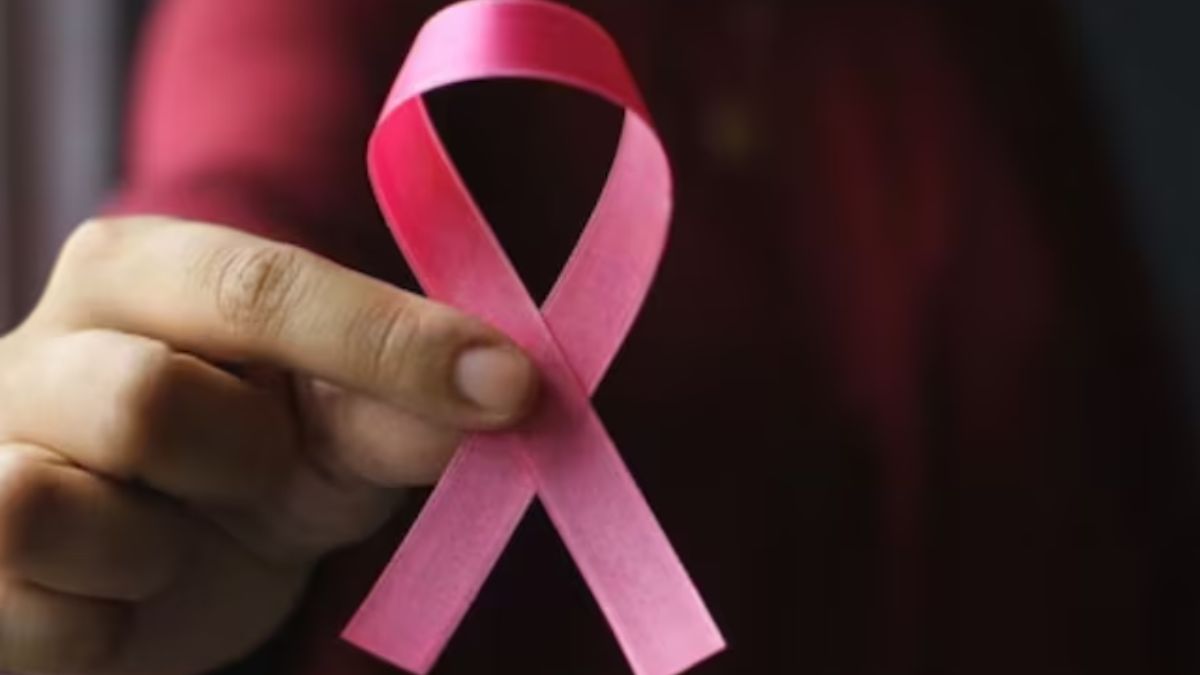Breast cancer is the most commonly diagnosed cancer type among women worldwide and the leading cause of cancer death in women. It disproportionately affects individuals in low- and middle-income countries and is the most common cancer worldwide.
The 5-year survival rates vary significantly exceeding 90% in high-income countries but dropping to 66% in India and 40% in South Africa. In 2022, about 2.3 million new cases of breast cancer were diagnosed globally, and there were about 665,000 deaths due to breast cancer.
We spoke to Dr. Meenu Walia, Vice-Chairman of Medical Oncology at Max Super Speciality Hospital (Patparganj, Delhi) about various aspects related to it.
Excerpts:
At what age should you start getting screened for breast cancer, and which tests are recommended for someone with my risk factors?
Dr Walia: Generally, women should begin annual mammograms at age 40. However, suppose you have risk factors (such as a family history of breast cancer, genetic mutations like BRCA1/2, or previous radiation exposure). In that case, you may need to start screening earlier, often around age 30.
Tests for Detecting Cancer
Mammogram: The standard screening test.
Ultrasound: Used as a supplementary tool, especially in dense breast tissue.
MRI: High sensitivity for breast cancer, often used for high-risk patients.
Clinical Breast Exam: Performed by a healthcare provider.
Self-Exam: Regularly checking your own breasts for changes.
What are the pros and cons of different breast cancer screening methods, such as mammograms, ultrasounds, or MRIs?
Dr Walia: Mammograms are highly effective for early detection and can find tumors that are too small to feel. However, they can produce false positives, leading to unnecessary anxiety and additional testing, and may miss some cancers, particularly in dense breast tissue.
While, Ultrasounds are useful for evaluating specific areas without radiation exposure but are not typically used as a primary screening tool and may miss small tumors. On the other hand, MRIs can detect cancers missed by mammograms, making them beneficial for high-risk individuals but they are more expensive and prone to false positives, making them less common for routine screening.
Impact Shorts
More ShortsHow accurate are mammograms, and can they detect all types of breast cancer?
Dr Walia: Mammograms, while widely used for breast cancer detection, are not foolproof. They have an accuracy rate of approximately 85%, meaning that around 15% of breast cancers may be missed, especially in women with dense breast tissue. Though mammograms are effective at identifying most types of breast cancer, they may fail to detect certain invasive lobular cancers and tumors obscured by dense tissue.
Should one consider genetic testing for breast cancer, especially if they have a family history of the disease?
Dr Walia: If there’s a significant family history of breast cancer (e.g., multiple relatives with breast or ovarian cancer), genetic testing for mutations like BRCA1/2 may be recommended. This can inform your screening strategy and preventive measures.
If a screening test shows an abnormal result, what next steps should one take?
Dr Walia: When an abnormality is detected during a breast screening or mammogram, the first action should be consulting your doctor to discuss the abnormal results and their potential implications. Your physician will guide you on the next course of action based on the findings.
In many cases, additional imaging may be required to investigate the area of concern more thoroughly. This could involve further mammograms, ultrasounds, or MRIs to get a clearer picture of the abnormality. If the imaging reveals a suspicious area, a biopsy may be recommended. A biopsy involves taking a small sample of the tissue from the area of concern to determine whether cancer is present. This step is crucial in making an accurate diagnosis and deciding on the next steps in treatment.
Depending on the results, you may also receive a referral to specialists. If the findings raise concerns about cancer, your doctor may refer you to an oncologist or a breast specialist for more focused care and treatment planning.


)

)
)
)
)
)
)
)
)



